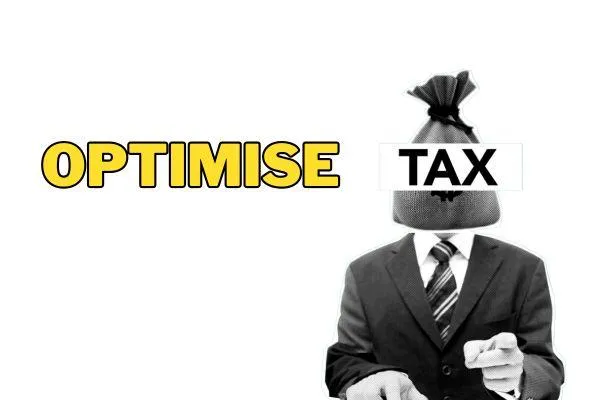
Smart Investors Optimise Their Tax (Legally): How Property Can Help You Keep More of Your Money
Stop Overpaying the ATO—Use Property to Your Advantage
If you're earning a strong income, you’re probably paying a small fortune in tax. But here's the thing: the Australian tax system offers powerful (and totally legal) ways for property investors to reduce their tax bill and grow wealth faster.
Property isn't just a wealth-building asset—it’s a strategic financial tool. And if you’re not structuring things properly, you’re probably leaving thousands on the table every year.
The Key Tax Benefits of Property Investing
Here’s how smart investors use property to legally reduce tax:
✅ Depreciation Deductions – You can claim wear and tear on your property (especially newer builds) as a non-cash deduction.
✅ Negative Gearing – If your property costs more than it earns, the loss can reduce your taxable income.
✅ Loan Interest Deductions – The interest you pay on investment loans is tax-deductible.
✅ Claimable Expenses – Think property management fees, maintenance, accounting, landlord insurance, and more.
When you combine these, the tax savings can be massive—especially for high-income earners like miners, FIFO workers, and professionals.
Why Structure Matters
It’s not just about what you buy—it’s how you set it up.
With the right ownership structure (e.g. individual, trust, company), you can:
Optimise deductions
Protect your assets
Plan for long-term wealth transfer
That’s why it pays to work with a good accountant and advisor who understands investment property—not just tax in general.
What Most Investors Miss
Here’s where many go wrong:
❌ They don’t get a depreciation schedule
❌ They use a basic accountant who doesn’t specialise in property
❌ They don’t track expenses properly
❌ They buy older properties with little claimable value
Tax optimisation isn’t about pushing boundaries—it’s about knowing the rules and using them well.
Start with Strategy, Not Just Property
Before you chase the next “bargain,” make sure the investment works for your financial and tax position.
A good investment plan will:
Target tax efficiency and long-term growth
Consider your income, cash flow, and borrowing structure
Show you how much tax you could potentially save over time
Want help designing a tax-smart property strategy? Reach out and I’ll walk you through how it could work for your situation.

